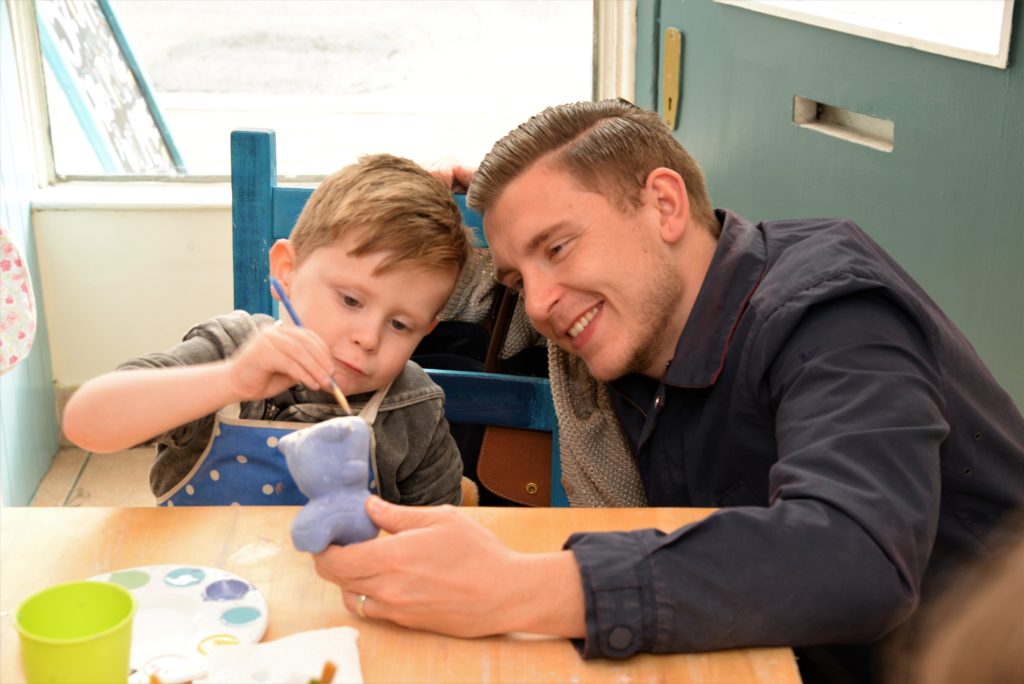Staying on in school
This advice applies in Scotland only.
All young people in Scotland have a legal right to education until they are 16. After this they have no explicit right to school education, but if they are in school and want to stay on, the local authority has a duty to continue to educate them.
In this article
Introduction
Like everyone else, young disabled people have the option to continue their education and stay on in school.
All young people in Scotland have a legal right to education until they are 16. After this they have no explicit right to school education, but if they are in school and want to stay on, the local authority has a duty to continue to educate them. The school must still provide additional support for learning and education to help them reach their full potential.
When can a person leave?
If a young person turns 16 between 1 March and 30 September, they can leave school after 31 May that year; between 1 October and the end of February, they can leave at the start of the Christmas holidays in that school year. They can choose to leave after taking Highers or Advanced Highers. In some cases, young people with additional support needs may stay in school beyond the age of 18 if it would benefit them, but there is no legal entitlement to this.
Staying on in school or leaving
School may be the most convenient place to gain the right qualifications, and studying in a familiar environment with people who know you can be a plus – although you need to check the right support will still be available. But for many disabled young people, it isn’t so clear cut.
For some young people, school may have been a difficult experience, they may have missed periods of time, or the academic environment may simply not be for them. The school may feel unable to provide the right support, or getting there may be a problem – for example, if transport arrangements change. It’s important to find out about all the options so everyone can make the best choice for them.
Read the sections on going to college, going to university, community learning and vocational training to find out what other options may be available. It may also be useful to read Enquire’s factsheet on Education and Additional Support after 16.
Making a decision
Start talking to your young person about the possibilities well before a decision has to be made – it’s best to introduce ideas gradually and not to rush things. Ideally, you should decide what to do at least a year before your young person can leave, so you and the school have time to plan. If they want to stay on at school, you need to speak to the school about their subject choices and support needs and the longer you have to arrange this, the better. You might find the following questions helpful to think or talk about:
- What does your young person want to do – and what are their hopes for the future?
- Do they want to go to college or university? If so, what qualifications will they need?
- Is school the right setting for them? Could they get the qualifications they need elsewhere?
- What would be the benefits of staying on at school?
- What can the school offer them if they stay on, academically and socially?
- What options for post-school learning and activities are there in your area if they leave? Are there places and start dates in the autumn after your young person leaves school?
- Is your young person ready to leave school? Do they have the social and organisational skills to manage a less structured setting? If not, what do they need to develop?
What if the school doesn’t agree with your decision?
Try to resolve disagreements through discussion with teachers or support staff. If this doesn’t help, you can raise the matter formally through the school’s complaints procedure. If you are still dissatisfied you can contact the person responsible for additional support for learning in your local authority (the council’s education department) to discuss it further, and they should tell you about other methods available to resolve disputes with the school including mediation, appeals and tribunals. Read Enquire’s factsheet on resolving disagreements in school for further information about this.
Related information

Support in education
Find out about support in education for children with additional support needs in Scotland.
Read more
Talking about Tomorrow
Helping parents in Scotland prepare for transition. Lots of informationto help you make the right decisions for your family.
Read moreSocial opportunities
Many parents say one of their greatest concerns is about their young person’s social life and relationships.
Read more